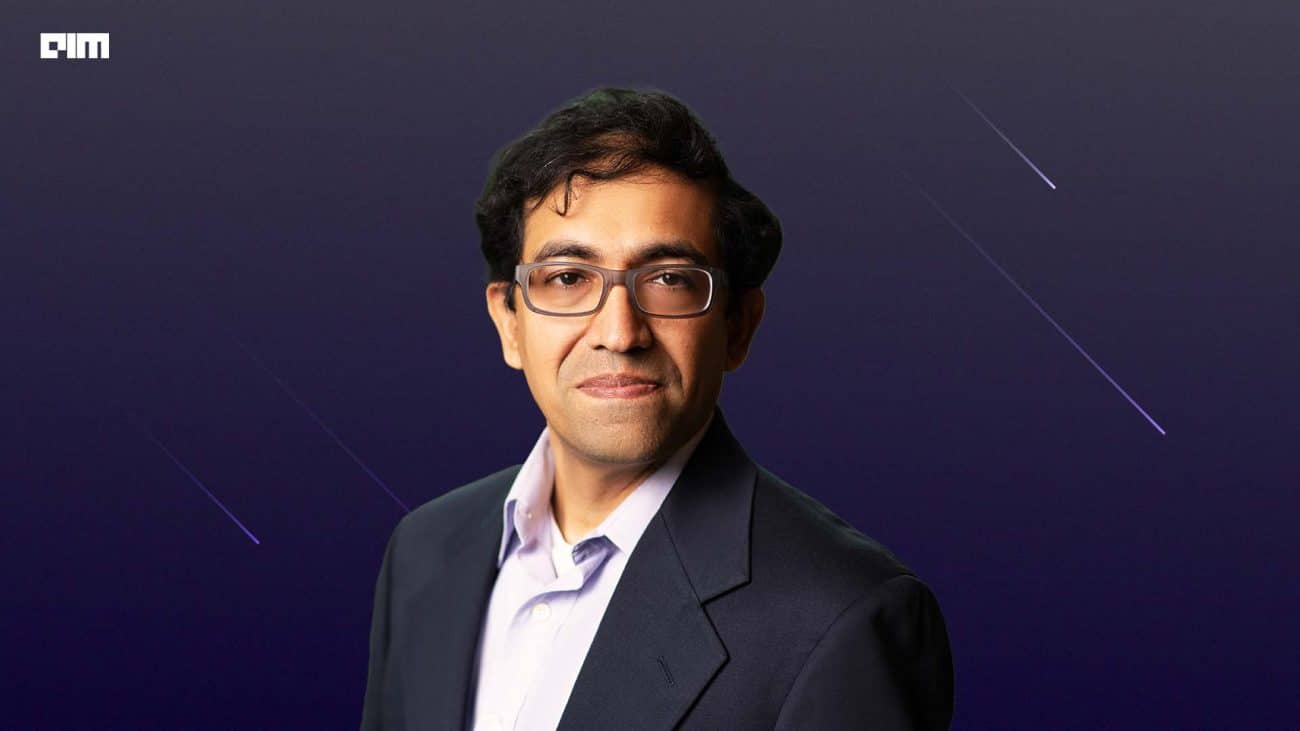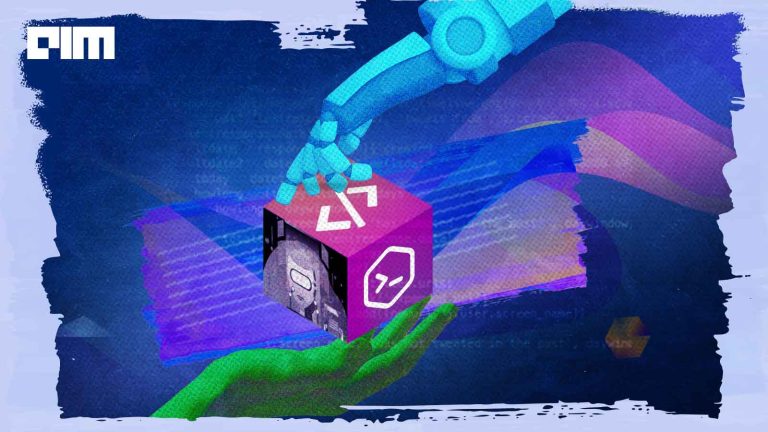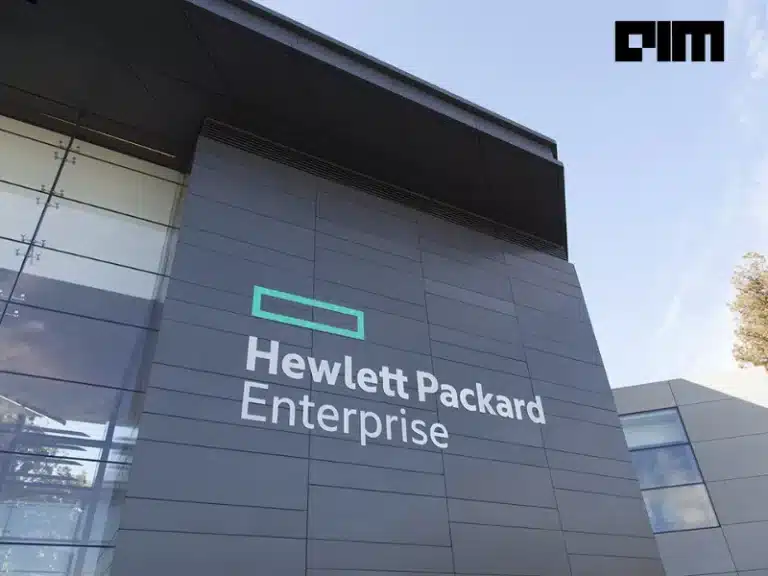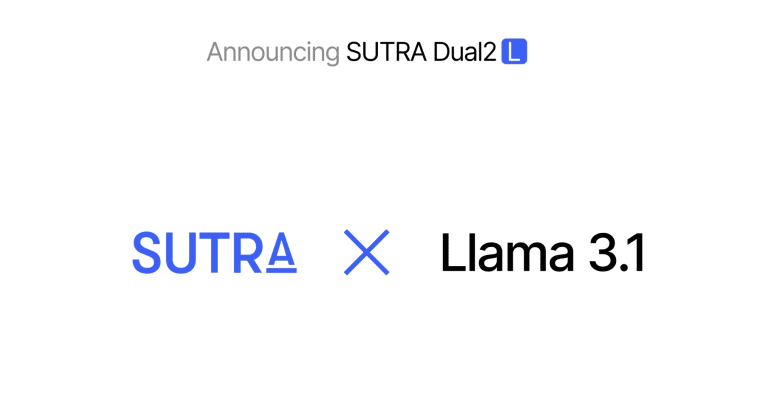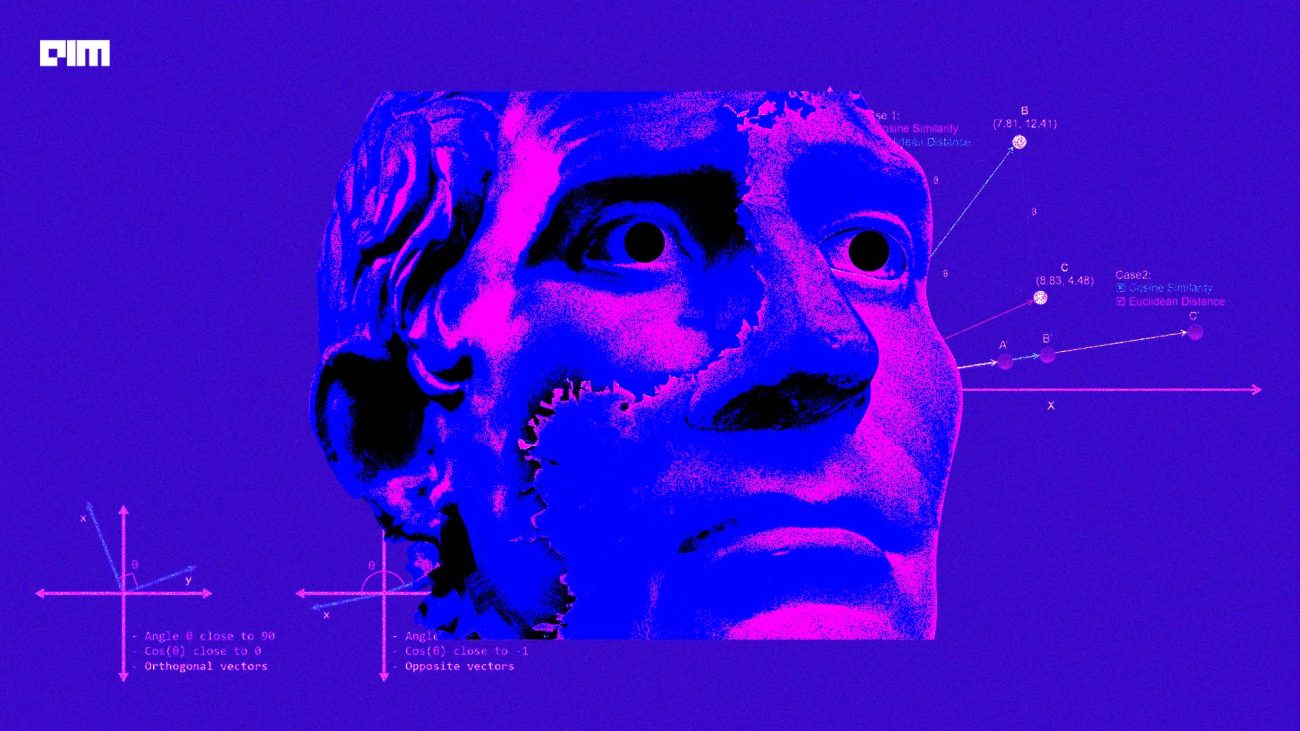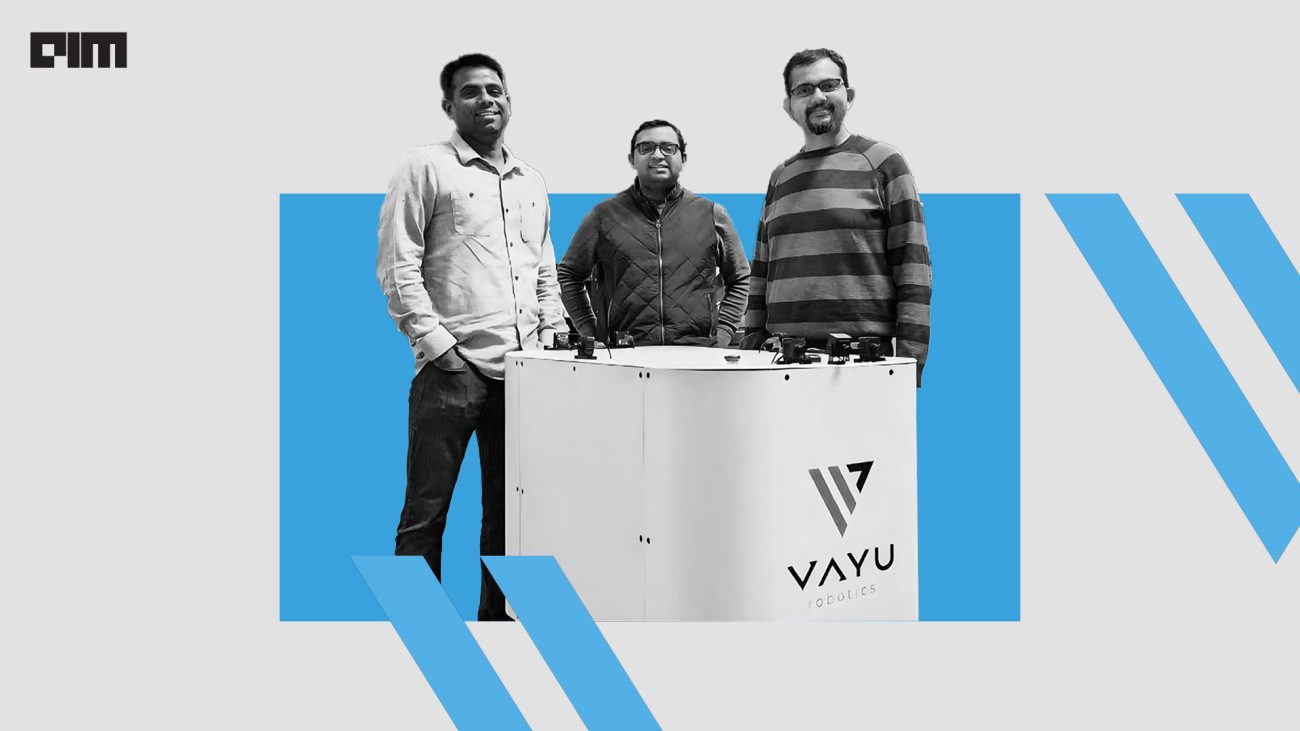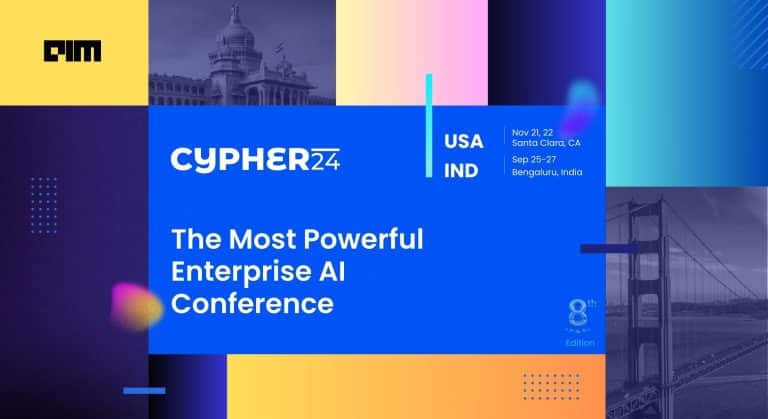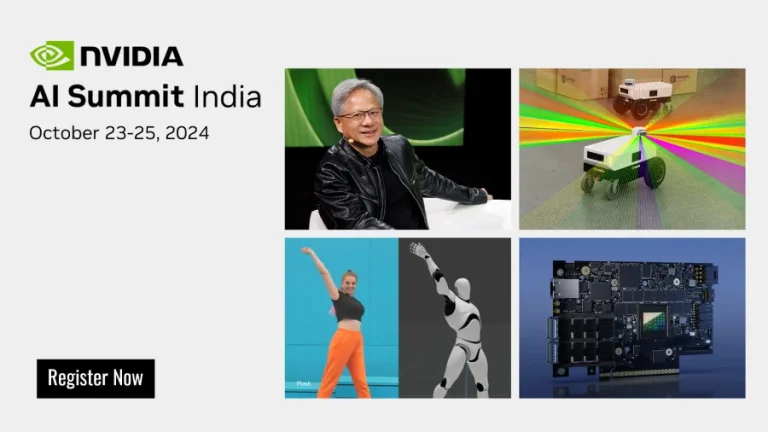In May, AWS announced the general availability of Amazon Q, which comes in three variations – Amazon Q for Developers, Amazon Q for Business and Amazon Q Apps.
At the ongoing AWS Summit in New York, the hyperscaler announced AWS App Studio– a generative AI-powered service that uses natural language to create enterprise-grade applications.
In an interaction with AIM prior to the announcement, Sriram Devanathan, GM of Amazon Q Apps and AWS App Studio at AWS said App Studio is going to be transformative. He said, “It’s the fastest way to build enterprise-grade applications in the sense that they have multiple UI pages, they can pull data from multiple sources and they can embed complex business logic in them.”
While Amazon Q is designed for developers and businesses, AWS App Studio will open the doors for technical folks who are not professional developers like an IT project manager, data engineer or enterprise architect.
Amazon Q is Powered by Bedrock
Devanathan also revealed that, like Amazon Q, AWS App Studio is powered by Amazon Bedrock.
Bedrock incorporates models such as the Titan Series from AWS, the Claude models from Anthropic, and models from Cohere, AI21 Labs, Mistral, and Meta.
In App Studio, you simply describe the problem you need to solve—for instance, tracking inventory and managing rentals and replacement parts. App Studio utilises a diverse array of models behind the scenes to address various aspects of the problem.
“App Studio analyse your input to define requirements, much like a human team member would. We outline the specific features needed to support your requirements. You can engage in a dialogue, adjusting features as needed through natural language interactions, again powered by different models,” Devanathan pointed out.
Furthermore, once the user has identified the necessary features, they can request, ‘Create the app for me.’ This action triggers a separate set of models to generate a fully functional application pathway.
“Bedrock features a variety of powerful models, including the Titan family from Amazon and some of the world’s most advanced general-purpose models from Anthropic. We leverage them all,” he said.
Building Applications in a Minute
AWS App Studio is transformative because one can build an application by interacting in natural language and under a minute.
Users only need to describe their desired application’s functionality and data sources to integrate. App Studio then swiftly constructs an application that might otherwise require days for a professional developer to build from scratch.
Modifying App Studio applications is straightforward through its point-and-click interface. Additionally, its generative AI-powered assistant provides real-time guidance on task completion.
“We have a customer named Campus Life and Style, overseeing 50 locations catering to 28,000 students’ diverse needs, including housing and events management. Given the variety in processes across locations, they implemented App Studio in a few areas with the help of two technical team members.”
This initiative resulted in a 20% boost in productivity and a remarkable 98% reduction in errors from manual data entry. These gains have prompted them to expand its use across multiple locations and processes, showcasing significant improvements in operational efficiency.
Currently, App Studio is available in preview in the US West (Oregon). However, when we asked Devanathan about its availability in India, he mentioned that there is no timeline as of yet.
“We are getting a lot of interest from customers in that region and we will soon figure out the region’s roadmap.”
New Updates to Bedrock
At the ongoing Summit, AWS has also announced new Amazon Bedrock innovations. Bedrock users will now be able to fine tune Anthropic’s Claude 3 Haiku, making Bedrock the only fully managed service that enables this.
AWS also announced vector search for Amazon MemoryDB, offering unparalleled speed and recall rates among leading vector databases on AWS. This feature is ideal for applications needing ultra-low latency in the single-digit milliseconds.
Moreover, “Today, we’re adding contextual grounding checks in Guardrails for Amazon Bedrock to detect hallucinations in model responses for applications using RAG and summarisation applications,” AWS said.



